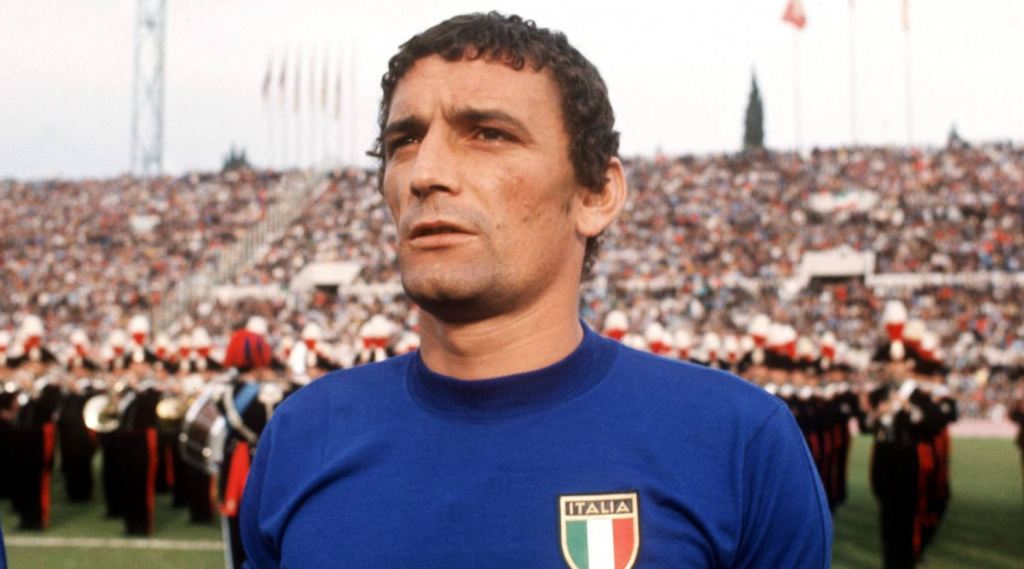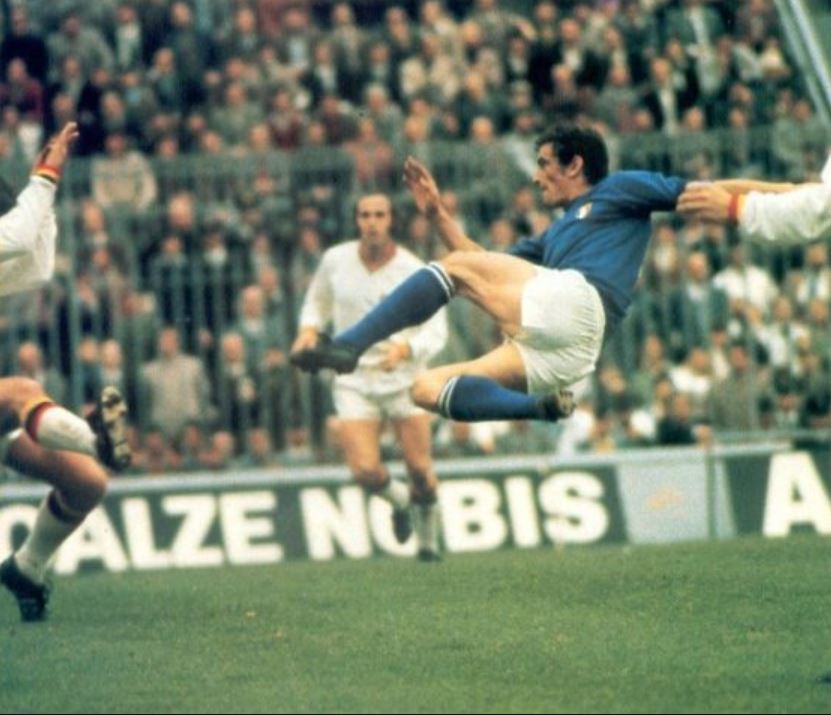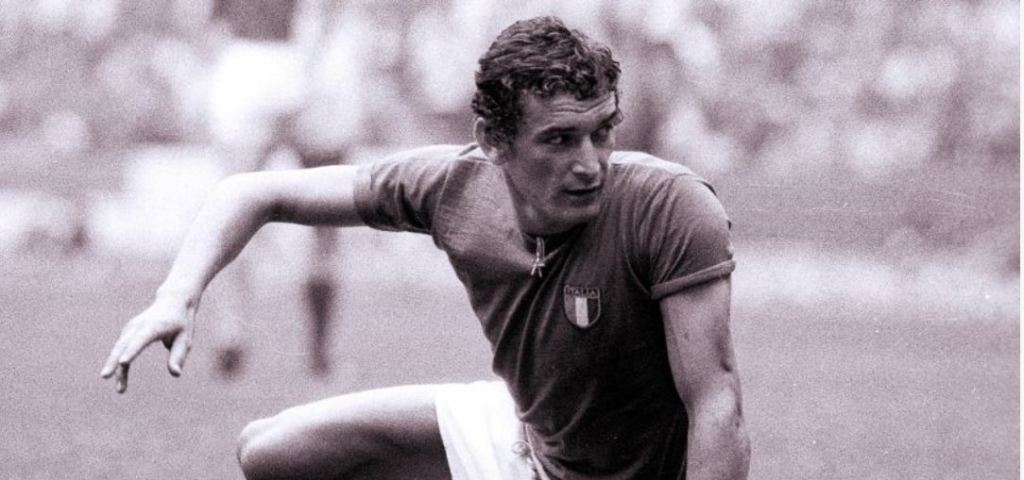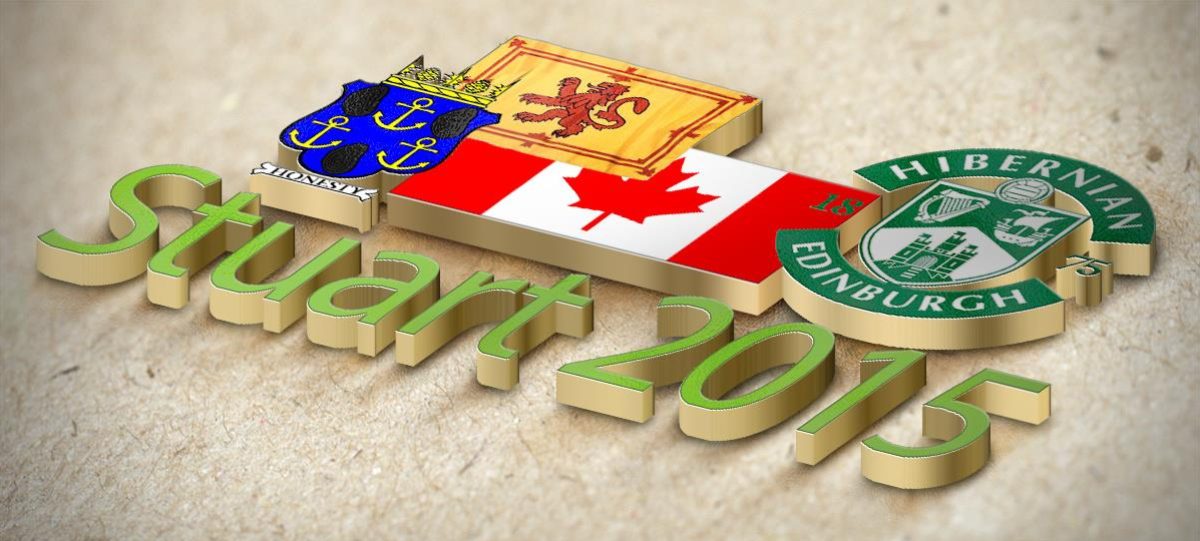RIVA…GOAL! Came to be a regular cry in the late 1960s when the ‘Rombo di Tuono’ (Rumble of Thunder) blasted yet another explosive shot into the back of the net and so I was saddened to receive news this past week from my friend in Sardinia of the passing of a boyhood idol of mine, Gigi Riva, the great Italy and Cagliari centre-forward. Gigi remains the Azzurri’s leading scoring by some way with fully 35 goals in just 42 appearances, but it is not just his impressive footballing abilities that mark him as the great man he was.

(Image: Per Sempre News)
Up until the 1970 World Cup, names such as Luigi Riva and Gianni Rivera were legendary and magical Italian footballers who my friends and I in the UK had only ever seen photographs of in magazines. Gianni was a glamorous figure who played football in a memorable and romantic way in his role as playmaker with Milan and Italy and yet it was ‘Gigi’ that captured my rapt attention. There was just something about his steely, determined expression that appealed to me, he looked so confident and formidable as he posed in that famous and storied Azzurri shirt. He almost seemed to have an aura all his own that elevated him above other players.
As the TV pictures relayed him playing live in 1970, It was noticeable to me how extremely left-footed he was, his powerful and accurate shooting with that left foot, like a laser beam, almost unerringly culminating in a distressed and bulging net. As children, my friends and I would play football endlessly in the parks in the summer and on the roads in winter under streetlights for hours and hours. We would pick our hero to emulate and for the left-footed boys, including me, we all fought to ‘be’ Gigi Riva.

(Image: ilnobilecalcio.it)
Much later in life, at the suggestion of my friend, I happily came to name my dear and faithful Bengal cat, ‘Gigi’ as a humble tribute to my hero as a youngster. On the day of Gigi senior’s passing recently, my pet looked a little uncharacteristically forlorn. I actually talked to him to say ‘don’t look so sad, Gigi’. It was only an hour later that I learned of the passing of Gigi Riva that day.
Gigi in his pomp helped propel Italy to the European Championship in 1968 and helped the Azzurri to the World Cup Final in 1970 where they met, arguably, the best football team in the world at any time in the Brazil of Pele, Jairzinho, Rivellino and all. It was all enthralling.
It is what I learnt about this man later in years that perhaps most impressed me for he was a man of humble beginnings who fought passionately and never gave in from his difficult start in life to be a champion. Gigi was born on November 7 1944, in Leggiuno, on the shores of Lake Maggiore. Ugo, his father, was a tailor and barber who came to find work in a factory. Tragically, Ugo died in an industrial accident when Gigi was just nine years old. Young Luigi’s mother, Edis, went to work in a mill doing desperately hard work for little money. Edis struggled to look after Gigi and sent her child to a strict religious boarding school for three years. Gigi recorded his time there as being very unhappy. I noted interestingly that it was at this school that he was forced to write not with his natural left hand, but with his right, just as I had been at school. It was probably in these hard times for Gigi that his natural character was formed and honed.
Further tragedy ensued when Gigi’s mother died of cancer when he was only 16. He then lived with his sister, Fausta, left school, and went to work in a factory. It was at this time that Gigi began to make his name in local football, playing at times in bare feet until the time he could afford to buy boots. Gigi came to play for the factory owner’s Serie C team, Legnano for a year before being bought by Cagliari, the beginning of an extraordinary love affair between Gigi and the people of Sardinia. The population of the island came to adore him and I’m told that it was many a household that would own a portrait of Cagliari’s famed number 11.

(Image: ultimouomo.com)
Gigi drove Cagliari to a previously unimaginable Scudetto, winning the title in season 1969-70. The player was regularly courted by the huge Italian giants, Juventus, Milan and Inter, more fashionable, heavily supported and funded clubs. He never left but stayed faithful to Cagliari and Sardinia for the rest of his playing career and beyond, a type of dedication and faithfulness which is seldom seen in these times. This relationship with the people was reflected on by Gigi in his earlier days in Sardinia, ‘Fishermen would invite me to dinner, and they would treat me like one of them, he would say. ‘I realised that not just a city, but an entire region was supporting me like a second family.’.
Gigi came to enjoy the unwavering and enduring love of both Sardinians and nationally in Italy. He had an emotional appeal that captured fans’ hearts like no other. His on-field exploits are detailed more widely elsewhere but notable was his performance in the 1970 World Cup Semi-Final against West Germany. Dubbed the ‘Game of the Century’, with Italy running out 4-3 winners, helped by a third goal scored by Gigi.
After his playing career, Gigi ran a soccer school and assisted in coaching Cagliari for several seasons. He also operated as Team Manager for Italy for several years. Later on in life, it was sad to record that he suffered from depression and osteoarthritis. Gigi was a smoker and loved his fast cars. Certainly, he didn’t want for female attention in his day and in the late 1960s controversially lived with a married woman, Gianna Tofanari. Gianna was separated from her husband at the time, in an era when divorce didn’t really exit in Italy. It was, however, a lasting relationship which produced two sons. No longer a couple nearing the end of Gigi’s life, still, they continued to see each other every single day.
Gigi’s funeral in Sardinia saw 30,000 people attend to pay respects to their hero. Former players acting as pall bearers included Gigi Buffon and the other members of the Italy team of 2006. Gianluca Buffon became overcome by emotion, shedding tears during the funeral. God will bless Gigi Riva.
Gigi Riva, born November 7 1944, died January 22 2024.
